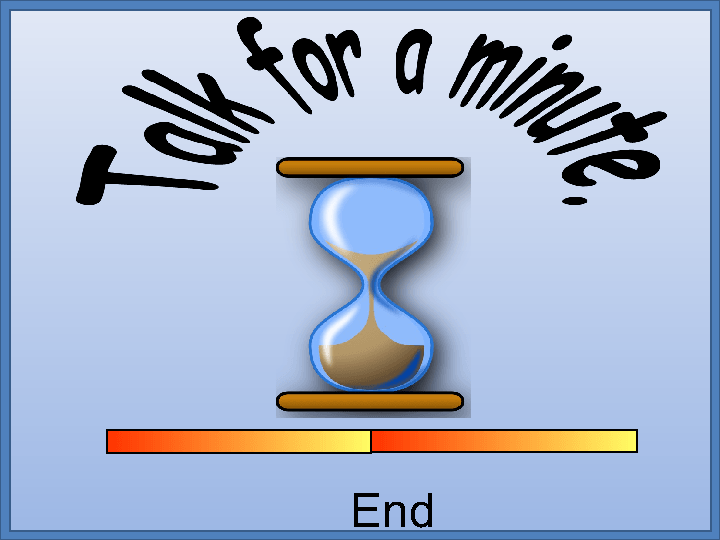
After reading the J. John Loughran article on effective reflective practice, It made me feel quite positive about how reflective I actually am and how important it is in my day-to-day teaching. “…learning through questioning and investigation…” is something I think I do to my teaching and the pupils learning. I often find myself questioning pupils on how well they understood, could I clarify further, is there any particular technique—. I also question and investigate some areas of course to my colleagues. I am learning about my teaching by questioning and investigation before deciding on what is my next step and the method of delivery accordingly. Through critical reflection I have evolved myself as a confident informed teacher and learner in the past 8 years by teaching in inner London and now in Scotland though my cultural and educational background is all different.
Less teacher talk, more listening 
An area I would like to address in chapter 5 of the Hattie paper “..the portion of student talk to teacher talk”. I don’t think I always have the right balance when it comes to teacher talk as it can feel in some lessons that I talk too much. I believe we can get so caught up on ensuring that we are covering the mandatory course coverage that at times it take over the lesson simply imparting information. I need to take a step back and listen more. Hattie states “…the more the instruction was challenging, relevant, and engaging, the less likely teachers were talking”. This is something I think I would like to start to consider more.

